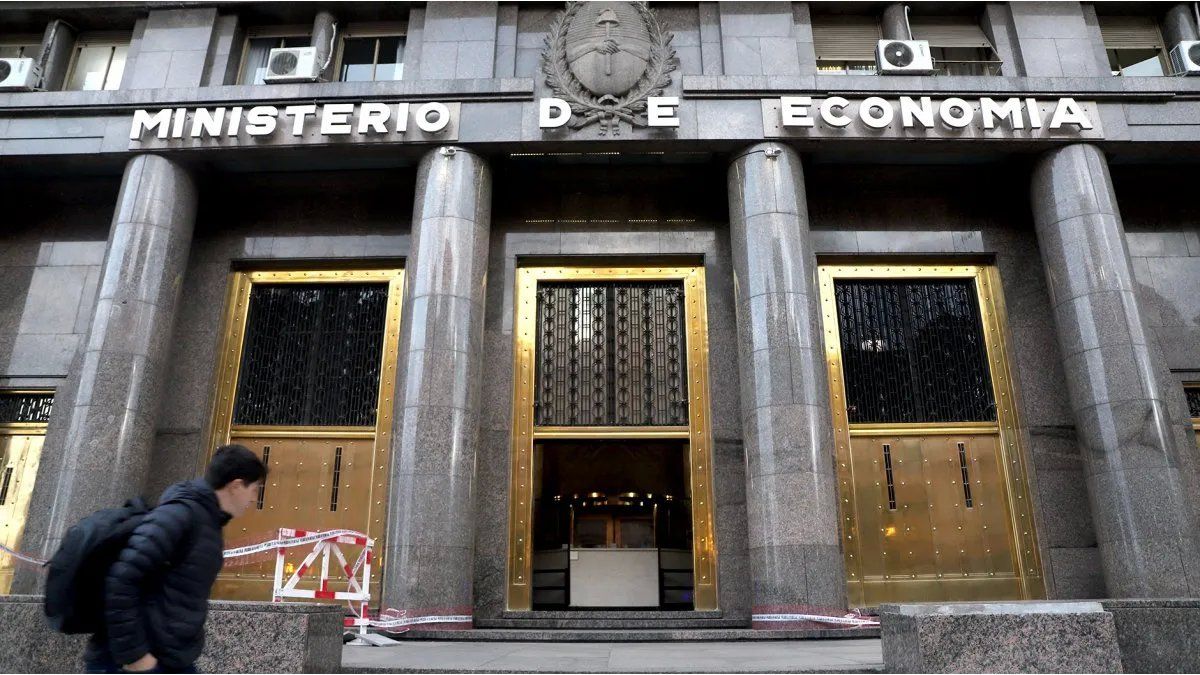According to private estimatesthe fiscal deficit accumulated in the first nine months of the year would already reach 1.4% of the Gross Domestic Product (GDP), so it seems unfeasible for the Government to close the year at 1.9% of GDP as it is committed to before the International Monetary Fund (IMF). Some speak of a deviation of between 1 and 1.3 points.
Regardless of how 2023 ends, affected by what some have called “plan patita”, the Argentine Institute of Fiscal Analysis (IARAF) maintains that, If the next government wants to make a correction in the public accounts, it must prevent income from falling below the limit of 18% of GDP, which is the historical average of the last eight years.
Public spending: they highlight a fall along with the decline in income
The interesting thing is that, Although it is generally believed that expenses increased in these years, the reality is that the opposite happened, they decreased. The problem is that along with it income also contractedand that could be explained in the abundance of exceptions that the tax system has. For this reason, the 2024 Budget project seeks to go back with “tax generosity” by trying to reduce what is called “tax spending.”
“The first thing that is interesting to note is that Spending in terms of GDP fell 3.6 percentage points between 2015 and 2022. From a ratio of 24% in 2015, it went to one of 20.3% of GDP in 2022. The same comparison for the primary deficit, that is, the difference between total income and primary spending, shows a drop of 1.4 percentage points. of GDP,” the report states.
SERGIO MASSA ECONOMIC CABINET.jpeg
Ministry of Economy
The IARAF indicates that “the fall in spending was not reflected in equal proportion in the fall in the deficit,” during that period and that is because the treasury’s income did not increase. “There was a parallel drop in income,” the report says. “Indeed, Total income fell 2.2 percentage points of GDP between 2015 and 2022. Without drought, in 2022 there was a significant decrease in income compared to 2015,” he highlights.
“As a basic reference, If in 2024 it is intended to execute national primary spending greater than 18% of GDP, additional income than usual will have to be obtained, if you do not want to have a primary deficit,” says the work. It is worth mentioning that recently the minister Sergio Massa He said that if he is elected president next year he will seek to have a surplus of 1 point of GDP by cutting tax expenditures.
The consulting firm Ecolatina maintains in a report that “looking forward to 2024, whoever wins, it will be essential that the incoming administration implements a clear, comprehensive, consistent economic program with political support that contributes to anchoring expectations.” “Within that program, the communication of a credible path of fiscal consolidation that will allow achieving balance or primary surplus during the first year will be essential,” says the consultant.
What seems to go in the opposite direction are the latest proposals of Sergio Massa to Congress. The elimination of the fourth category of the Income Tax has a cost of 0.83% of GDP and the Buy without VAT of 1%, according to data from the Congressional Budget Office.
However, the head of the Treasury Palace sent what is called a “separate” of the Budget, in which it suggests that legislators make cuts on a series of “fiscal expenses”, above 2 points of GDP. Among the expenses that are suggested are the exemption of Judges’ Profits, special regimes such as that of Tierra del Fuego, reduced VAT for food, and the adjustment for inflation in the balance sheets of companies, among others. The latter costs $1.3 billion a year. Strictly speaking, the Argentine system is not in a position to sustain so many tax benefits if the State is not willing to further cut other types of expenses.
Source: Ambito




